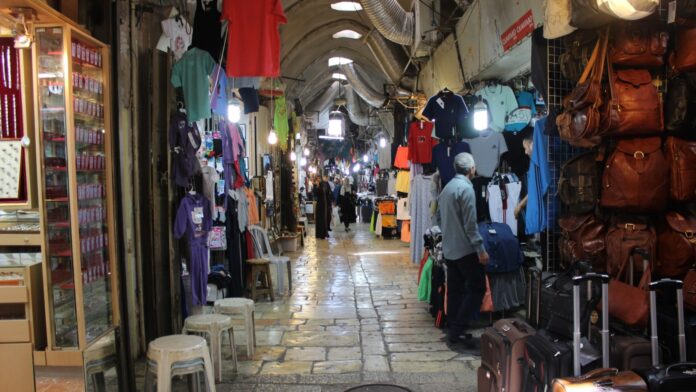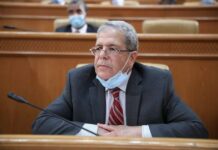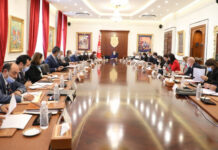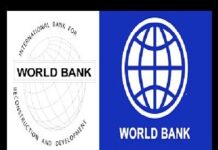The parallel economy is no longer just an economic and social phenomenon. Rather, it has become a reality ruling markets and extensions in various Tunisian cities.
This informal economy imposes its transactions in nearly 2000 shops in front of the various Tunisian authorities, according to a field study conducted by the Ministry of Trade during the 2011 revolution, and that JDD TUNISIE obtained a copy of it.
This study indicates that these stores are located in markets spread in several cities, such as Boumendil Market, Moncef Bay Market in Tunis, Masaken Market in Sousse, Hilal Palace Market, and Kamel House in Monastir and Souq El Jem in Mahdia.
The study also concluded that the specialization of each market was defined, between one market specialized in household supplies, toys and gifts (Boumendil Market) and another known for selling electronic devices and electrical household items (Moncef Bay space) and a commercial group specialized in selling household supplies and carpets (housing market and Hilal Palace market) and a fourth A specialist in the sale of dry fruits and furnishings (El Jem Market) and a fifth investor in the sale of auto parts (a whole house).
What is striking about this study is the determination of the extent of the spread of many smuggled products in various Tunisian cities, as it refers to the spread of smuggled clothes from China and Turkey in 19 cities, fabrics, furnishings and covers coming from Turkey, China, Korea, Spain and Italy in 15 cities and Chinese electrical equipment in 19 cities, while Fuel, cigarettes, toys and perfumes smuggled from Libya and Algeria are distributed in all Tunisian cities.
It is worth mentionning that ,a previous study by the Tunisian Institute for Strategic Studies in 2019 indicated that the informal economy attracted 41.5 percent of activists. It also attracts 53.7% of all active men, compared to 21.5% of all active women.











